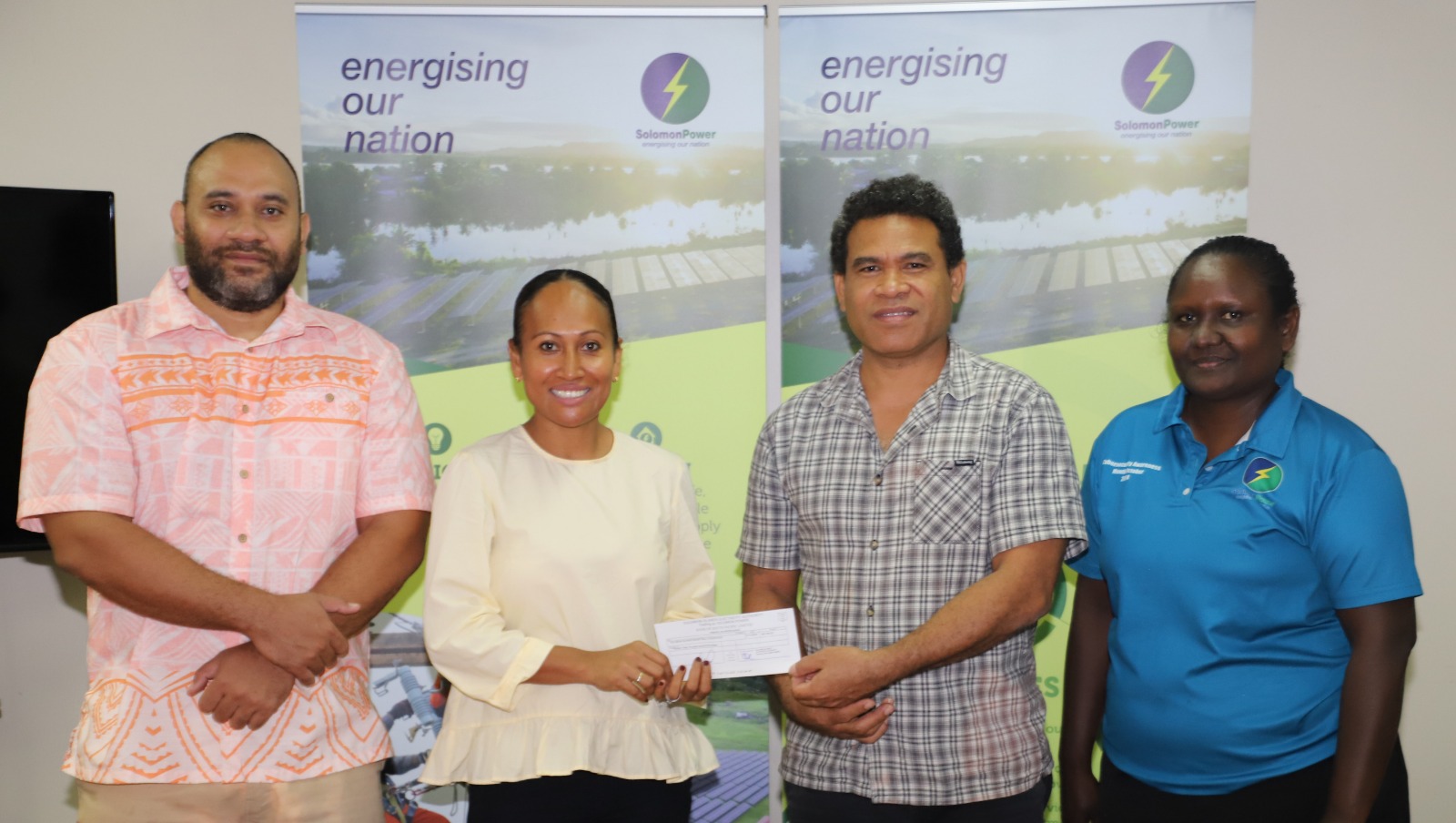BY JOHN HOUNIHAU
The Ministry of Agriculture and Livestock (MAL) has received various forms of financial assistance from development partners over the years.
Minister Franklyn Wasi noted that one of the key contributors is the World Bank, which has provided funding for the Solomon Islands Agriculture and Rural Transformation Project (SIART).
“The SIART is a four-year initiative valued at 15 million USD, targeting three provinces: Guadalcanal, Malaita, and Makira Ulawa. The project aims to enhance the capacity of agribusiness producers to fulfill market demands through collective groups rather than individual entrepreneurs,” he explained.
Minister Wasi said that the project began in 2022 and is set to conclude in 2026, with a focus on both crops and livestock.
“To date, the project has established funding agreements with nearly 20 agribusiness producer organizations,” he added.
He said that the International Fund for Agricultural Development (IFAD) is another significant funder, supporting the AMEN project, a six-year initiative with a budget of 16.8 million USD, which will be implemented in Choiseul, Isabel, and Western Province.
He emphasized that the Food and Agriculture Organization of the United Nations is engaged in several highly specialized projects within the ministry, including a sustainable transformation initiative for the domestic agri-food system, valued at 3 million USD.
“This initiative primarily aims to enhance and facilitate the ministry’s operational environment and to implement pilot activities through non-profit organizations and various line ministries across different sectors of agriculture, including agribusiness,” said Wasi.
He also mentioned the Digital Villages Initiative (DVI), which has launched a pilot project in Namu Baula village in Malaita Province, providing IT equipment for farmers as part of the ministry’s effort to deliver comprehensive services to rural farmers and fishers through digital village hubs.
“There are additional collaborations with Asia and the SPC focused on plant health clinics, as well as with the Department of Agriculture, Forestry and Fisheries of Australia (DAF) to enhance biosecurity capabilities.
“The New Zealand Government is involved through ag-research concerning the coconut rhinoceros beetle (CRB). Furthermore, the SAFE project aims to protect the endemic and globally threatened biodiversity and ecosystem services of the Solomon Islands from invasive alien species and unsustainable land use practices, in partnership with the Jiangsu Academy of Agricultural Sciences in China,” he concluded.





